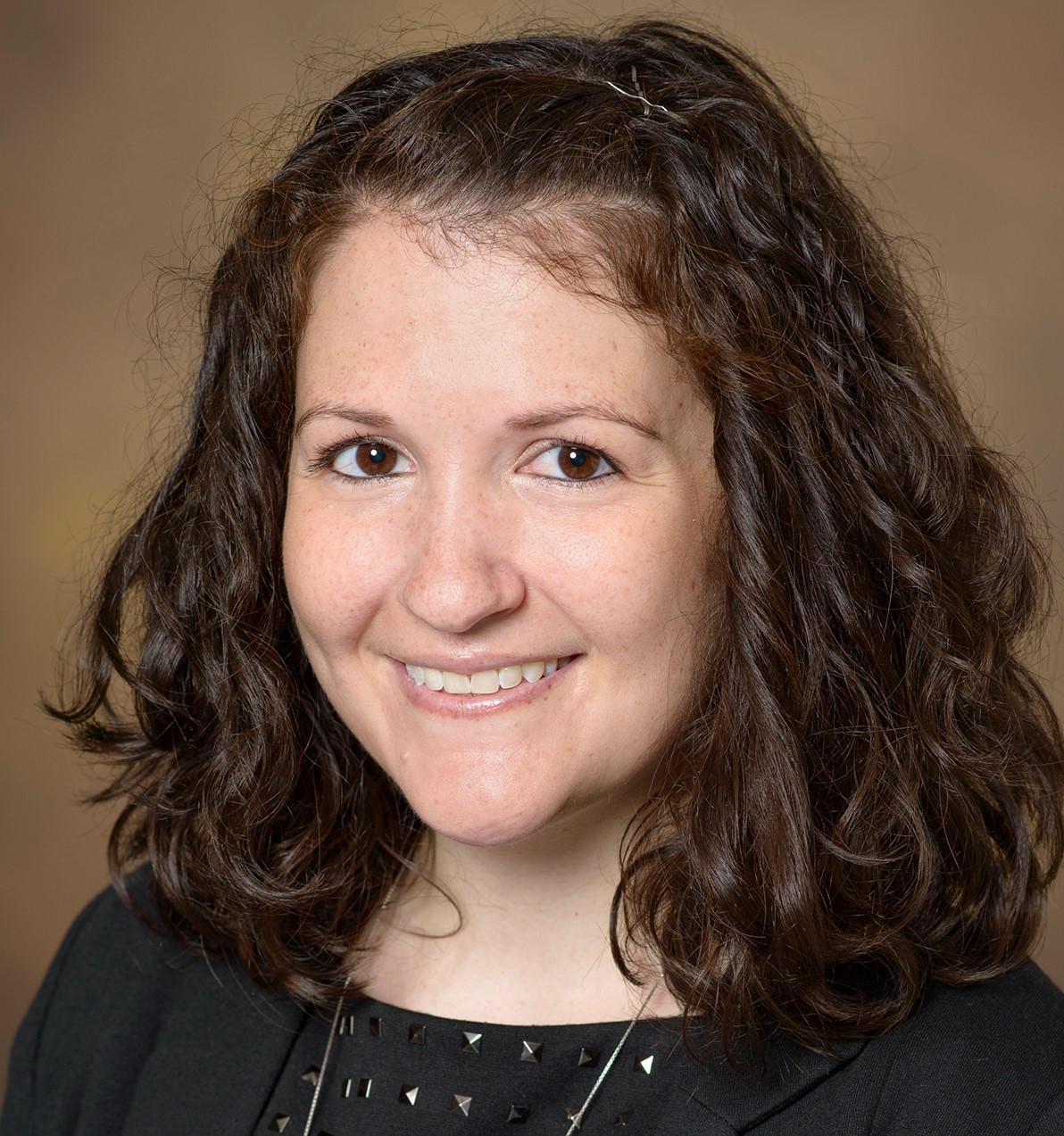Symposia
Schizophrenia / Psychotic Disorders
1 - (SYM 67) Testing an Assessment and Cbt-based Stepped-care Intervention for Youths at Clinical-high Risk for Psychosis in Four Generalist Community Settings: The SCIP Step Program

Daniel I. Shapiro, Ph.D.
Associate Professor
University of California, Davis
Philadelphia, Pennsylvania, United States
Sabrina Ereshefsky, Ph.D.
Clinical Psychologist
University of California, Davis
Sacramento, California, United States- SY
Shirley Yau, BS/BA (they/them/theirs)
Project Coordinator
UC Davis Early Psychosis Programs; Dept Of Psychiatry And Behavioral Sciences
Sacramento, California, United States - YC
Yen-Ling Chen, Ph.D. (she/her/hers)
Post-Doctoral Fellow
University of California Davis
Elk Grove, California, United States - AG
Alvaro Gonzalez, AMFT (he/him/his)
Clinician
UC Davis Early Psychosis Programs; Dept Of Psychiatry And Behavioral Sciences
Sacramento, California, United States - TN
Tara a. Niendam, Ph.D.
Professor
UC Davis Department of Psychiatry
Sacramento, California, United States
Speaker(s)
Co-author(s)
The promise of early intervention in those at clinical high risk for psychosis (CHRP) has led to quick proliferation of clinical programs in real world settings, before empirical consensus on treatment models has cemented. Thus, research on targeted treatments that can be implemented in community-based settings is needed. This presentation describes implementation of a stepped-care intervention program in four community mental health settings in Sacramento, CA. We describe efforts to overcome challenges of low CHRP specialization and knowledge of CBT in first line, non-academic clinic settings.
Four clinics partnered with the University of California, Davis Early Psychosis Programs (EDAPT) to develop universal CHRP screening and implement a stepped-care CBT-based intervention. Positive screens (20+ on the Prodromal Questionnaire-Brief (PQ-B)) completed the Mini-SIPS. CHRP+ individuals chose stepped-care, standard care at their current clinic, or referral to EDAPT. Stepped-care includes a modularized CBT package and involves five steps: 1) psychoeducation, engagement in multi-disciplinary care, case management, supportive therapy; 2) stress/coping and problem solving skills; 3) CBT case formulation, weekly case consultation with EDAPT; 4) consultation with EDAPT prescribers; 5) assessment and treatment for trauma and family functioning, discharge planning. Mini-SIPS assessments every 6 months guide movement between steps and transition to EDAPT or into standard care for those who develop psychosis or are CHRP-.
127 community-based clinicians have been trained on PQ-B screening and 288 youth aged 12-25 have completed screening. 146/288 (51%) screened positive (age M=14.8, SD=2.2). 30 of the 84 (36.9%) who have agreed to mini-SIPS assessment have completed it. 7/30 (23%) had threshold psychosis, 17/30 (57%) met CHRP criteria. 14 of these 17 enrolled in stepped-care at their community clinic. 37 clinicians have been trained in CBCM. We anticipate 350 new screenings by November 2024. Updated screening and CHRP rates and data from therapy checklists on movement through steps and interventions utilized will be discussed.
This program successfully partnered with four community clinics to develop CHRP screening pipelines and implement with institutional support a stepped-care model. Placing initial stages of stepped-care for CHRP in community-embedded generalist settings can expedite early intervention by decreasing burden of travel, attrition during hand-offs, and possible stigma of referral to psychosis specialty care.

.png)
